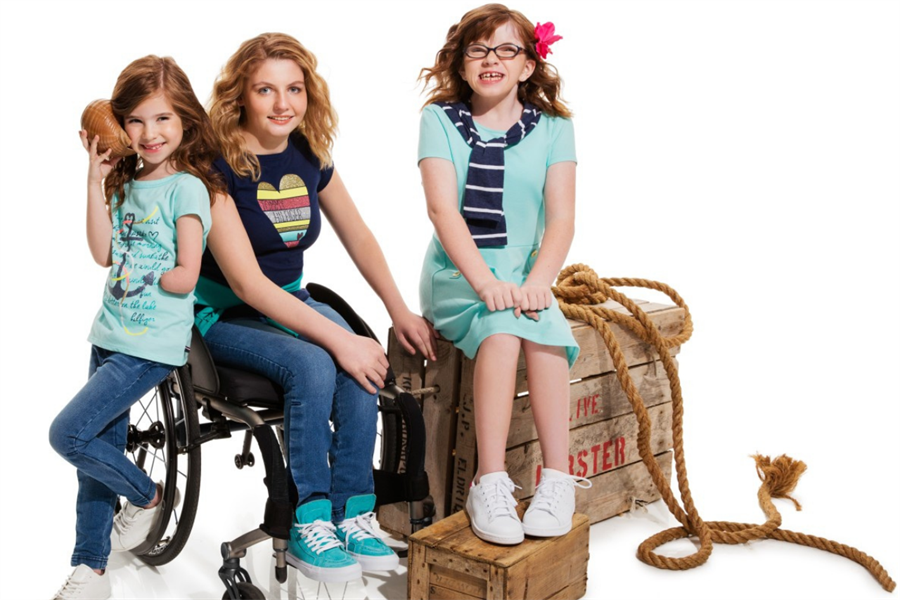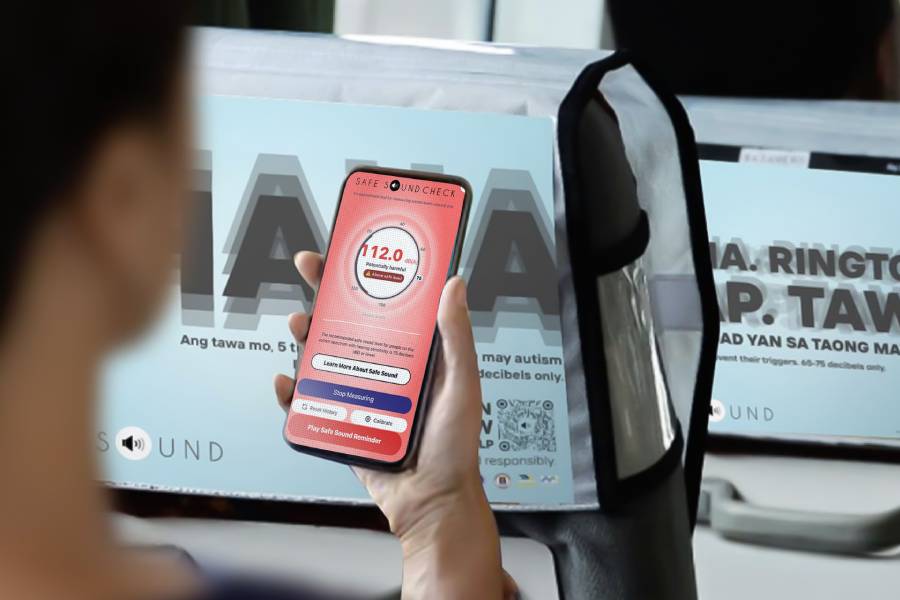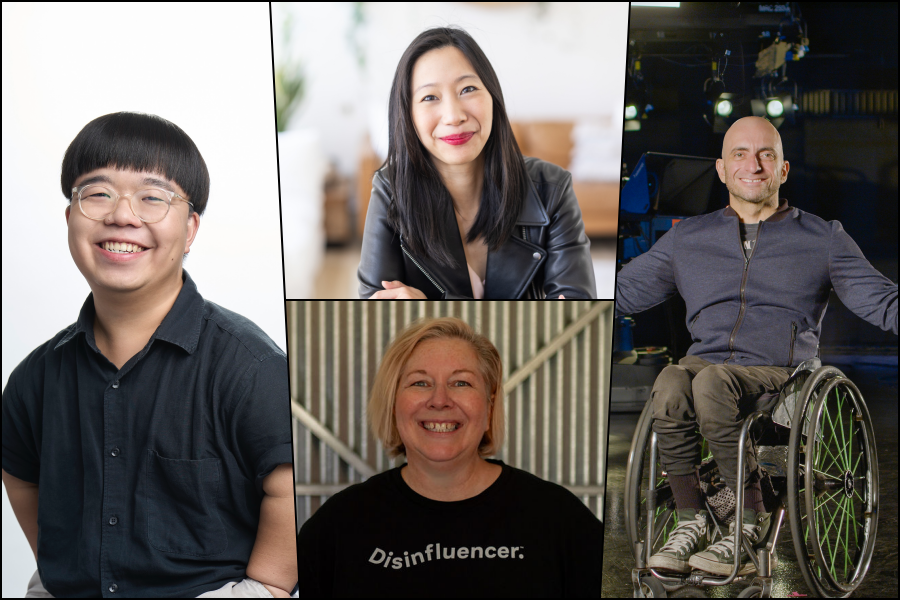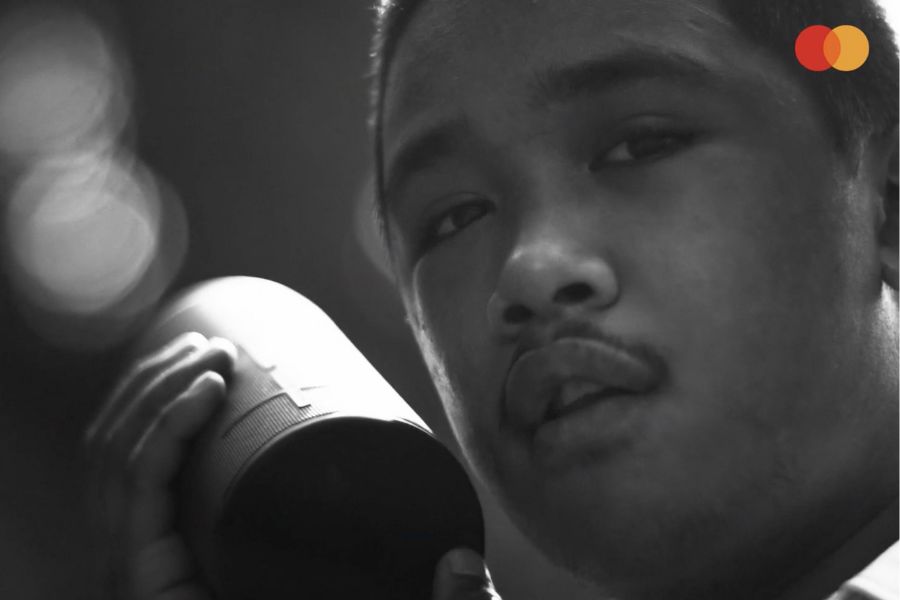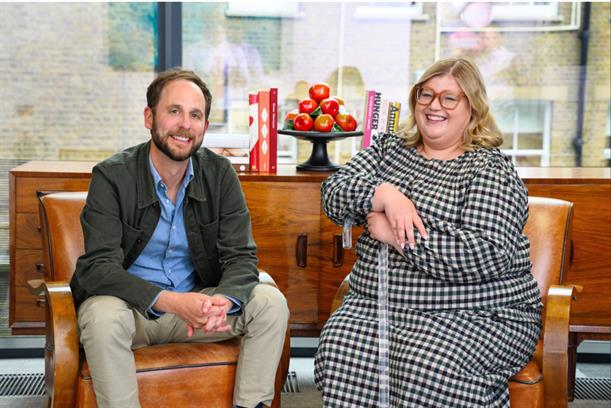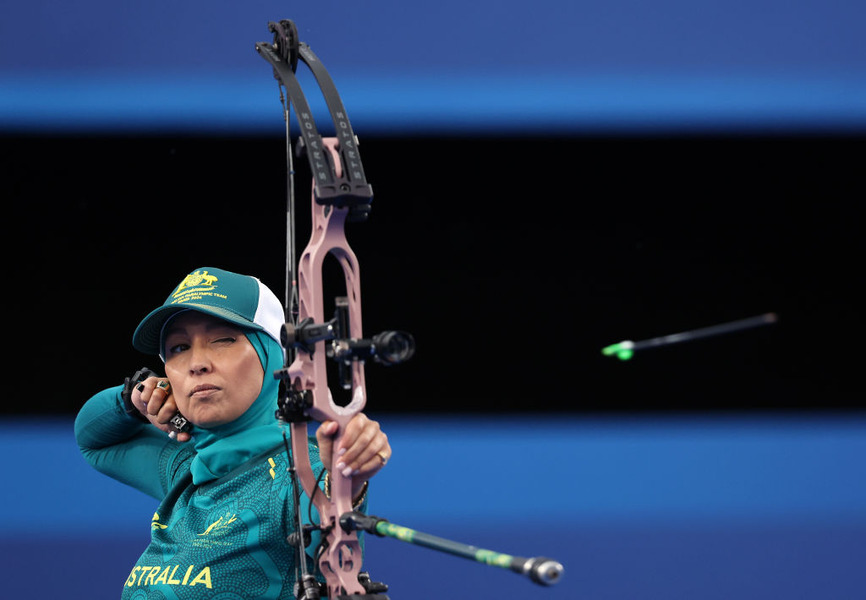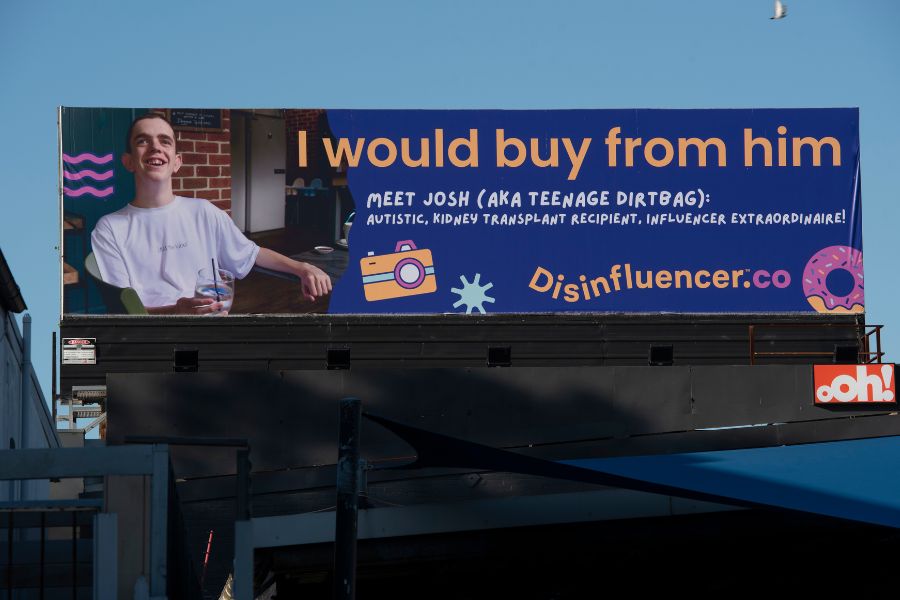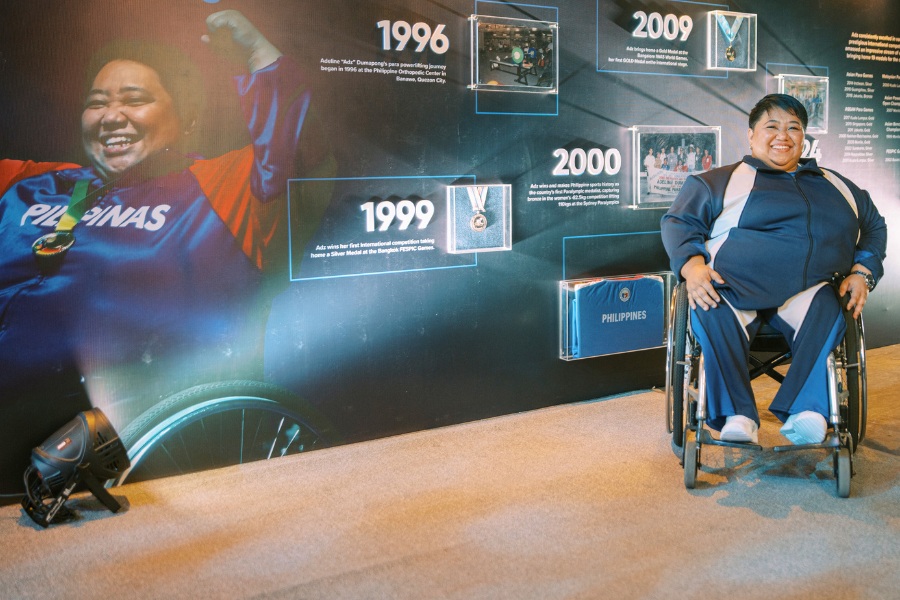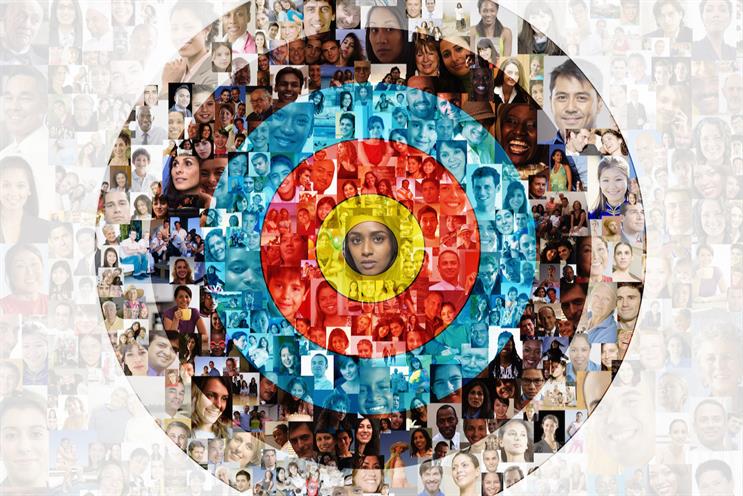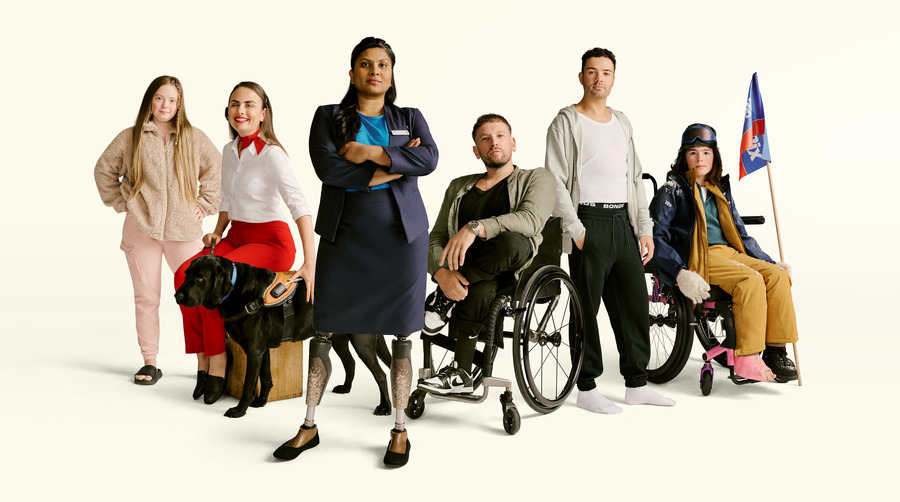In September, Netflix and the BBC announced a groundbreaking partnership to develop and fund new, ambitious dramas featuring disabled creatives, both in front of and behind the camera. Sky is, likewise, using its platform to push change, with its recent commitment to launch its first content collection of powerful documentaries featuring disabled talent.
This progress in inclusive filming practices, among many other things, builds on the success of Peanut Butter Falcon, the 2019 film starring newcomer Zack Gottsagen, who has Down’s syndrome, opposite Shia LaBeouf and Dakota Johnson.
It was a breakthrough moment in casting, putting disabled actors in main roles with their own powerful storylines on screen. The narrative arc previously neglected to appreciate and completely sidelined the normality of disability, with a focus instead on disability as something that someone must overcome, rather than something that is just part of who they are. The collaboration between the BBC and Netflix is only the tip of the iceberg when it comes to the visibility of disability.
When Liz Carr took the lead title in the BBC drama Silent Witness, it was one of the first times we had a disabled leading protagonist on our screens. When she left the show in 2020, she spoke of the difficulty in her position.
She mentioned to the BBC Ouch podcast: “I was getting quite tired because over the eight years I’ve policed the show quite a lot.
“I worked to make sure it was better and refused to say certain lines that I thought were problematic and pushed to have storylines and caused mayhem when I wasn’t getting storylines. I insisted that Clarissa got a partner and that they were created properly.”
More recently, Marvel has been demonstrating the impact visibility in the entertainment industry can have on inclusion in wider society. It's recent casting of deaf actress of colour Lauren Ridloff to play Makkari has reportedly led to a 250% increase in people wanting to learn sign language. Ridloff, who was born deaf, is the first disabled superhero to appear in the franchise, despite the fact that there are an estimated 7,000 characters across the Marvel franchise.
Through developing Makkari's character, where she possesses super speed, Ridloff has spoken extensively about how the superhero would not be as fast if it weren’t for her hearing impairment, suggesting that her powers coincide with her disability. Ridloff was keen that "deaf gain", a term used in the deaf community to describe benefits that come from hearing loss, was to be embodied by her character and would be discussed in the movie.
This one instance of inclusion is evidence of a move in the right direction, highlighting societal acceptance of the fact that disability does not restrict talent, potential nor success. Social change is happening, but not fast enough.
While the on-screen side of the entertainment industry has made some bold moves in representation, other sectors are still woefully behind. The theatre, for example, has been much slower to adapt. While organisations such as Zeno Mountain Farm and Blue Apple Theatre have been staging elaborate productions starring disabled performers for years, the mainstream industry has been slower to change.
Jamie Brewer became the first actor with Down’s syndrome to play a lead in a Broadway or off-Broadway production in 2018, when she starred in Amy and the Orphans, which depicts three siblings reunited at their father’s wake.
Another "on-screen" sector to note is the advertising industry. A 2016 census of advertising by Lloyds Banking Group found people with disabilities represented just 0.06% of the people in campaigns, while persons with a disability, in reality, make up one in five of the general audience.
Unfortunately, when disability is depicted in advertising, it tends to fall into one of two categories – to draw inspiration or pity. Rarely are disabled people shown as layered, three-dimensional people. Instead, they are othered, stereotyped, stigmatised or completely ignored.
One great example of a successful advertising campaign around disability is by the fashion retailer Tommy Hilfiger. A collection called Tommy Adaptive was launched in 2017, a clothing line initially aimed at children, which later included a men’s and women’s line. Tommy Hilfiger debuted a video as part of the campaign that celebrated strength in disability. The director of the film was James Rath, who was born with ocular albinism and nystagmus, and features Dmitry Kim, a hip-hop dancer with an amputated leg, disability influencer Lolo Spencer, who suffers from ALS, and eight-year-old surfer Gavin McHugh, among others.
Unfortunately, this is a rare example. However, today there is a growing movement of people trying to redress the balance, both with companies making moves to feature more disabled people in their ads and marketing agencies springing up to cater to this market.
Martyn Sibley, founder of Purple Goat, a London-based influencer marketing agency focused on people with disabilities, is one of those people. Purple Goat aims to improve disabled representation and works with brands to de-risk doing and saying "the wrong thing". The company has already secured a deal with Tesco, with which they’ll be developing a marketing campaign featuring 11 disabled influencers to inform customers about accessible toilets, which are now in 100 stores nationwide. Here’s hoping we see much more of this with companies finally realising that they are ignoring 15% of their potential target audience.
All in all, the role that the advertising, TV and entertainment industry can play in providing a platform to make the invisible, visible, is essential.
Film particularly has the capacity to shift the public perception of disability from "niche" to "normal". For too long, disabled actors have typically been depicted as villains, and it is time to move beyond this reductive stereotype.
Disability is something that will affect all people at some point in their lives. It is not something reserved to a select group, but something everyone will experience. We are beginning to make bold moves, albeit on the back of a staggering deficit—we must continue to ensure that moving forwards, we are creating a future that everyone will want to live in, one that is accessible to and accepting of all.
Caroline Casey is an award-winning social entrepreneur and founder of The Valuable 500.

